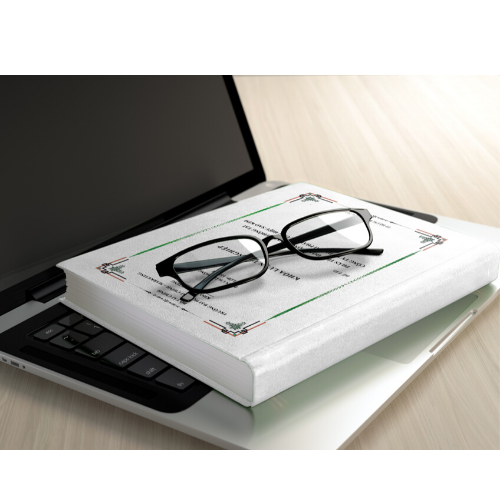-
Professional Development - Literacy
A variety of literacy-focused professional development opportunities are available for TESD teachers. Over the past few years, the District has been engaged in a collaborative review of literacy practices and programs as part of a continuous cycle process to ensure the best possible resources are available to our students.

Orton-Gillingham
Numerous TESD teachers across all buildings, including reading specialists and special education teachers, were trained and certified in Orton-Gillingham instructional methods through the AIM Institute or the Institute for Multi-Sensory Education (IMSE).- Foundational Skills: 5 day course designed to train general and special educators in patterns that govern written language, methods for introducing them systematically and explicitly
- Training in engaging students simultaneously in auditory, visual, and tactile-kinesthetic learning pathways on a consistent basis
- Training will also be provided in diagnostic/prescriptive literacy instruction that makes use of assessment data
- Teaching Level Practicum: training over two years to result in training for regular education teachers
LETRS - Language Essentials for Teachers of Reading and Spelling
In the fall of 2018, members of the Reading Selection Committee received training in LETRS. This training provided additional enrichment towards the goal of pinpointing curricula with systematic foundational instructional activities. Kindergarten through second grade TESD teachers began LETRS training in August 2019. Grades 3-4 teachers participated in a virtual LETRS workshop provided by the CCIU on April 14th, and May 18th, 2021. They attended additional LETRS training sessions between February and May 2022.LETRS empowers teachers to understand the what, why, and how of scientifically-based reading instruction.
- What must be taught during reading and spelling lessons to obtain the best results for students
- How to explain spoken and written English language structures to students
- Why reading instructions have several key components and how they are related to one another, based on current scientific research
- How to interpret individual differences in student achievement, based on valid and reliable assessments and theoretical models
- How to implement instructional routines, activities, and approaches and differentiate instruction to meet the needs of all students
Leadership in Literacy
The PaTTAN Leadership in Literacy professional development program is designed to ensure that principals deepen their understanding of the Science of Reading and Theoretical Models and promote and support their staff in increasing reading achievement for all students. The program promotes systemic change to build success in reading, and included information regarding various forms of assessment, reading support structures, and data to drive instruction. All TESD elementary school principals have completed the training, in addition to certain central office administrators.Penn Literacy Network Science of Reading Course
Reading and Special Education Paraprofessionals in T/E elementary and middle schools took part in this 3-credit graduate course on the Science of Reading in the fall of 2023.

